we work with
At 4Science we believe in collaboration and sharing.
We collaborate at various levels with several international organizations to promote the adoption of open technological standards and protocols.
We support the adoption of persistent identifiers (PIDs) to enhance FAIRness: findability, accessibility, interoperability and reuse.
We contribute to open source projects working with their communities to continuously enhance existing solutions and develop new functionalities.
Visit also our page OPEN SOURCE to know more about our contributions.
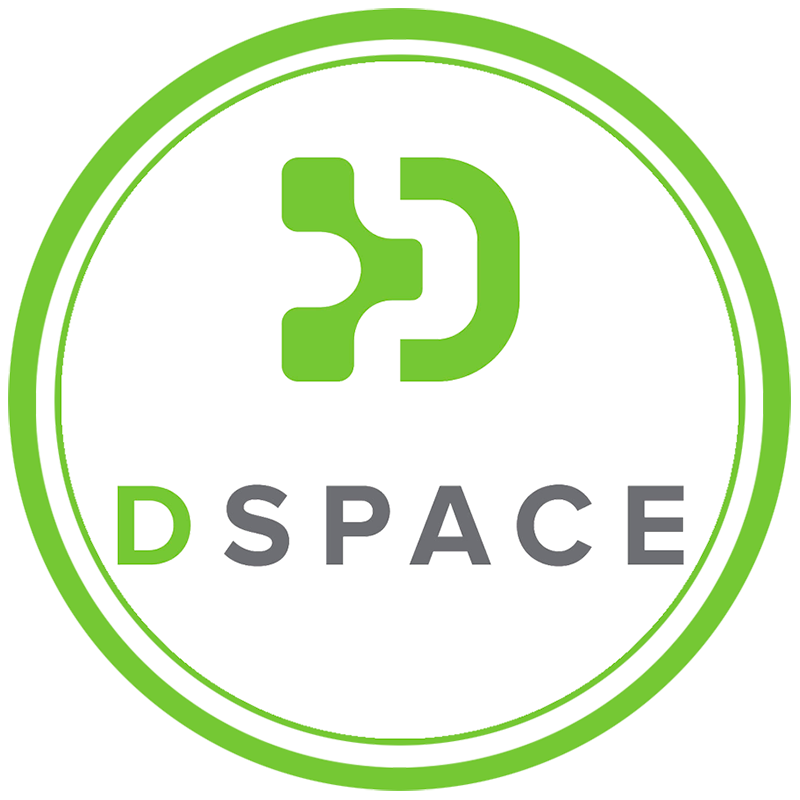
DSPACE: the most widely-used repository solution in the world
It is the software of choice for academic, research, cultural, and commercial organizations building open digital repositories. It allows you to capture, store, index, preserve and distribute your digital material including text, video, audio and data.
4Science is strongly involved with DSpace as a Certified Partner and a successful Service Provider serving more than 50 institutions with DSpace(-CRIS/GLAM), and a major active contributor to the community since 2003. We have with a major role in developing DSpace 7 , with over 5,000 hours of software development & coordination tasks in all WGs (Angular UI, REST API – including lead of sub-team, Entities). We also serve the community with two DSpace Committers (since 2006), participation in the Leadership and the Steering groups, and other roles in community initiatives and promotion of DSpace.
DSpace provides a way to manage your materials and publications to give them greater visibility and accessibility over time. It facilitates the capture and ingest of digital objects, including metadata, provides easy discovery and access, both by browsing and searching, and guarantees long-term preservation.
We are the creators and maintainers of DSpace-CRIS, DSpace-GLAM, RDM solutions based on DSpace (CKAN integration), add-on modules to enhance the functionality of repositories and digital libraries based on DSpace: IIIF Image Viewer, PDF Document Viewer, OCR & Transcription, Video / Audio Streaming.
ORCID: Unique Identifiers for Researchers
Connecting Researchers with Their Contributions
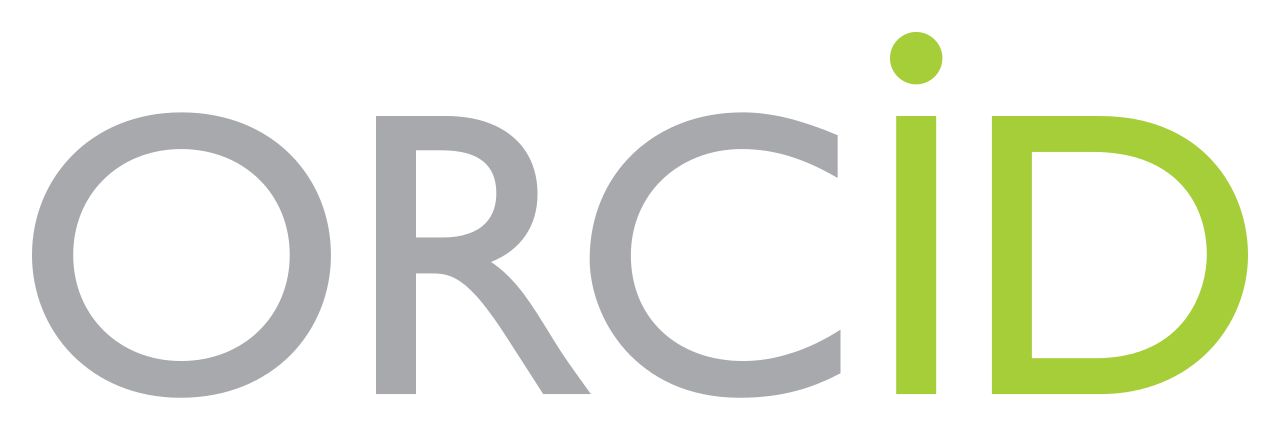
ORCID is a non-profit organization that provides a unique identifier for individuals to use with their name as they engage in research, scholarship, and innovation activities. This identifier ensures that researchers are accurately connected to their contributions and affiliations across disciplines, borders, and time. 4Science is an ORCID Certified Service Provider, integrating ORCID identifiers into our solutions to enhance researcher visibility and collaboration. Our DSpace-CRIS platform is fully compliant with ORCID API v.3, ensuring seamless integration and support for the research community.
ROR: Your Research Organization's Global Identity
Enhancing Research Organization Recognition
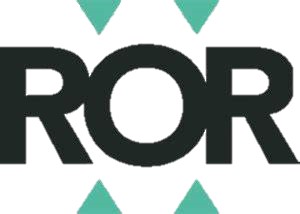
ROR (Research Organization Registry) is an open, community-led initiative that provides unique identifiers for research organizations worldwide. As a global registry, ROR aims to improve the accuracy and interoperability of research metadata by assigning persistent identifiers to institutions, universities, and other entities involved in research.
4Science collaborates closely with ROR to integrate these identifiers into our solutions, particularly within the DSpace platform. This partnership enhances the ability to accurately track and attribute research outputs to specific organizations. By integrationg ROR identifiers in DSpace, we help institutions improve their research information management, increase the visibility of their scholarly contributions, and facilitate more accurate bibliometric analysis.
COAR: A Global Repository Network

Connecting the Repository Community Worldwide
COAR (Confederation of Open Access Repositories) is an international association that unites the repository community and major repository networks. Its mission is to build capacity, align policies and practices, and serve as a global voice for the repository community. 4Science actively participates in COAR’s initiatives, contributing to the ‘Next Generation Repository’ Working Group and the COAR Vocabularies Editorial Board. These efforts aim to define future solutions and support interoperability across repositories.
Enhancing Digital Collections
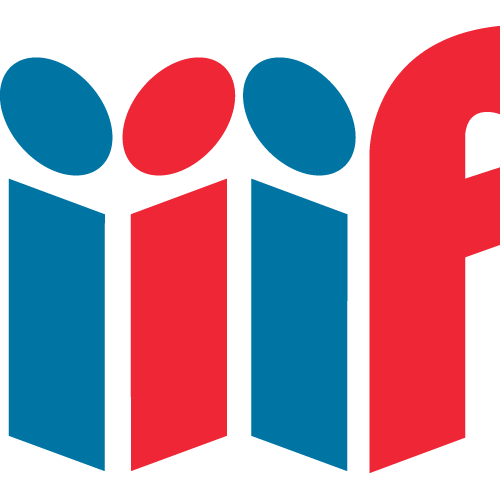
IIIF: Open Standards for Archives, Libraries, and Museums
IIIF is a set of open standards that help archives, libraries, and museums make the most of their digitized collections with visualization, deep zoom, annotation capabilities, and more.
4Science became the 1st Italian company among the participating institutions, pioneering many technological improvements since 2017, and today is a proud Associate Member of the Consortium https://iiif.io/community/consortium/members/ .
IIIF is a set of open standards that help archives, libraries and museums make the most of their digitized collections with features for visualization, deep zoom, annotation and more.
IIIF standards are a set of shared API (Application Programming Interface) specifications for interoperable functionality in digital resource repositories. IIIF simplifies the analysis and sharing of digitized materials, migration between technology systems, and access to images for scholars and researchers.”
Empowering Research Data Management
Dataverse: Open Source Solution for Research Data

Dataverse is a robust, open-source web application designed to facilitate the sharing, preservation, citation, exploration, and analysis of research data. It provides an intuitive platform that makes data accessible to others, fostering transparency and enabling the replication of research work with ease.
4Science plays a pivotal role in the Dataverse community, actively contributing to its development. Our efforts focus on ensuring compliance with OpenAIRE Guidelines for Data Archives, thereby enhancing interoperability and data management capabilities. We support institutions in implementing Dataverse as their primary Research Data Management System, ensuring seamless integration and optimal performance.
By leveraging Dataverse, researchers, journals, data authors, publishers, and institutions can gain academic credit and increased web visibility, promoting a culture of open science and collaborative research.
Supporting Open Science
OpenAIRE: A Network for Open Science

Driving Innovation in Open Science
OpenAIRE is a comprehensive network of infrastructures, including aggregators, interoperability services, repositories, archives, and journals, all dedicated to supporting Open Science. Initially funded by the European Commission, OpenAIRE aims to facilitate the implementation of open access policies and promote the sharing of research outputs across Europe and beyond.
4Science is deeply involved in various OpenAIRE initiatives, contributing to the advancement of Open Science. Our team actively participates in drafting guidelines, implementing innovative services, and engaging in meetings and webinars to promote OpenAIRE’s goals. Additionally, we conduct funded projects that align with OpenAIRE’s mission, ensuring that our contributions have a lasting impact on the research community.
DataCite: Enhancing Research Data Accessibility
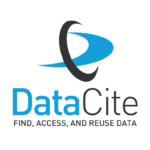
Improving Data Citation and Access
DataCite is an international not-for-profit organization which aims to improve data citation in order to establish easier access to research data on the Internet, increase acceptance of research data as legitimate, citable contributions to the scholarly record, support data archiving that will permit results to be verified and re-purposed for future study.
4Science is a DataCite Registered Service Provider and supports institutions in the setup of DSpace(-CRIS), Dataverse and OJS to use DataCite as DOI Registration Agency. We implemented metadata exposure in the DataCite schema format version 4 and compliance to the Openaire Guidelines for Data Archives.
euroCRIS: A Hub for Research Information Experts

euroCRIS is a not-for-profit association that brings together experts on research information in general and research information systems (CRIS) in particular. The organisation has 300+ members, mainly coming from Europe, but also from some countries outside of Europe.
Its main activities are: the development and curation of the international standard data model for research information, CERIF; and the promotion of cooperation and exchange of expertise between stakeholders in the research information domain.
4Science supports euroCRIS and its mission, participating in the activities to enhance, promote and implement CERIF in interoperable contexts and applications such as OpenAIRE and DSpace-CRIS.
